In 2004, National Geographic Explorer and Journalist, Dan Buettner, coined the term “Blue Zones” to describe geographical locations with a common phenomenon; the people that inhabit them live to one hundred plus!
Midler Jones, a PEACE senior, said that she did not know what a blue zone was, and she is not the only one!
Dan Buettener went on to explore these places and their cultures to find out how their elderly populations live as long as they do. He documents his travels in a four-episode limited Netflix documentary series titled “Live to 100: Secrets of the Blue Zones.” In his series, he focuses on Okinawa, Japan; Sardinia, Italy; Ikaria, Greece; Nicoya, Costa Rica; and Loma Linda, California.
These communities had a few common factors that could possibly cause the phenomenon; a healthy diet, exercise ingrained into their daily life, getting enough sleep, being religious/spiritual and feeling like they have a purpose in life, taking care of the elderly, and having a healthy social life.
People living in Blue Zones have a diet of 95 to 100 percent plant-based. They eat fresh produce when it is in season and make a supply of pickled produce for when it is not. Cultures in the Blue Zones also eat a lot of olive oil. According to an article on bluezones.com, “Evidence shows that olive oil consumption increases good cholesterol and lowers bad cholesterol. In Ikaria, we found that for middle-aged people, about six tablespoons of olive oil daily seemed to cut the risk of dying in half.”
Another important aspect of their diet is beans. In fact, beans are a common denominator in all of the Blue Zones. “On average, they are made up of 21 percent protein, 77 percent complex carbohydrates (the kind that delivers slow and steady energy rather than the spike you get from refined carbohydrates like white flour), and only a few percent fat. They are also an excellent source of fiber,” the article explains. Beans are also cheap and come in a variety of types, making them easier to incorporate into different meals.
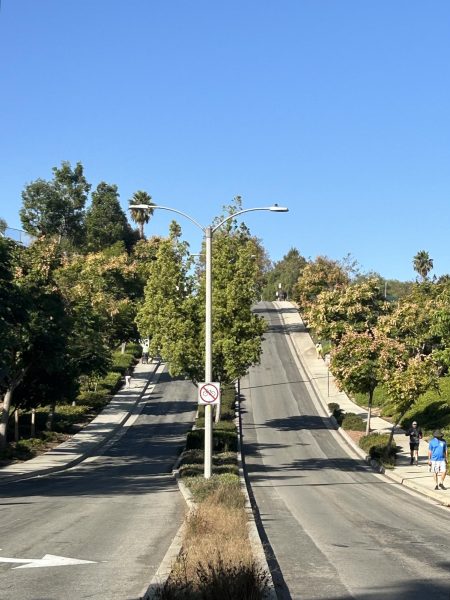
Exercise was also a denominator in the Blue Zones. In most cases, the people who inhabit these geographical locations are active as part of their daily lives. Most do not own cars but instead walk everywhere, up hills and through suburban terrain. However, an article on bluezones.com about exercise suggests a few ways to stay healthy and active in more urban settings. These ideas include walking fast for an hour a day; riding your bike, running, or swimming, for thirty minutes a day; and using your muscle groups. For people who are less dedicated to an active lifestyle, simply taking the stairs instead of the escalator is a step in the right direction.
It is no secret that stress takes a toll on your body. The American Psychological Association wrote an article about stress’s effects on the body. However, the inhabitants of Blue Zones have less stress, allowing them to be healthier. One of the reasons for their lower stress levels is their sleep habits. An article on the subject stated “To shed stress and lower the risk of heart disease, centenarians in blue zones regions ensure that they get seven to nine hours of rest. They also nap frequently throughout the week.”
“Sleep is beneficial for two reasons. One is that our body rebuilds muscle and repairs itself while we sleep because more growth hormone is released at that time,” Mrs. Atkinson, one of Millikan’s Anatomy teachers, said. “Sleep is also important for reducing stress because stress causes our bodies to release a hormone called cortisol. It raises our heart and breathing rate to help us deal with stress, but if it is released too often, it can cause damage to our bodies,” she continued.
A surprising factor that the Blue Zones also believe leads to longevity is having a purpose in life. In an article, they even stated that the adjustment of your attitude when you feel your life has purpose can add up to seven years to your life! One of the most common purposes people can have is religion. Regardless of the purpose you chose, “A strong sense of purpose can really reduce stress in your life. You’ll have less worry and anxiety, be more clear about your goals, be less motivated by the positive opinions of others and you may not fret as much about decisions,” the article stated.
Lastly, in the Blue Zones, everyone leads healthy social lives. These communities tend to be smaller, making it easier for people to form strong connections. It has also been shown to be beneficial for families to live together. Elders will live with their children into their old age.
Although there is a modge-podge of reasons the Blue Zones have a lower risk of death, they teach wisdom that can be applied to daily life. Following their advice can help you live a longer and happier life.



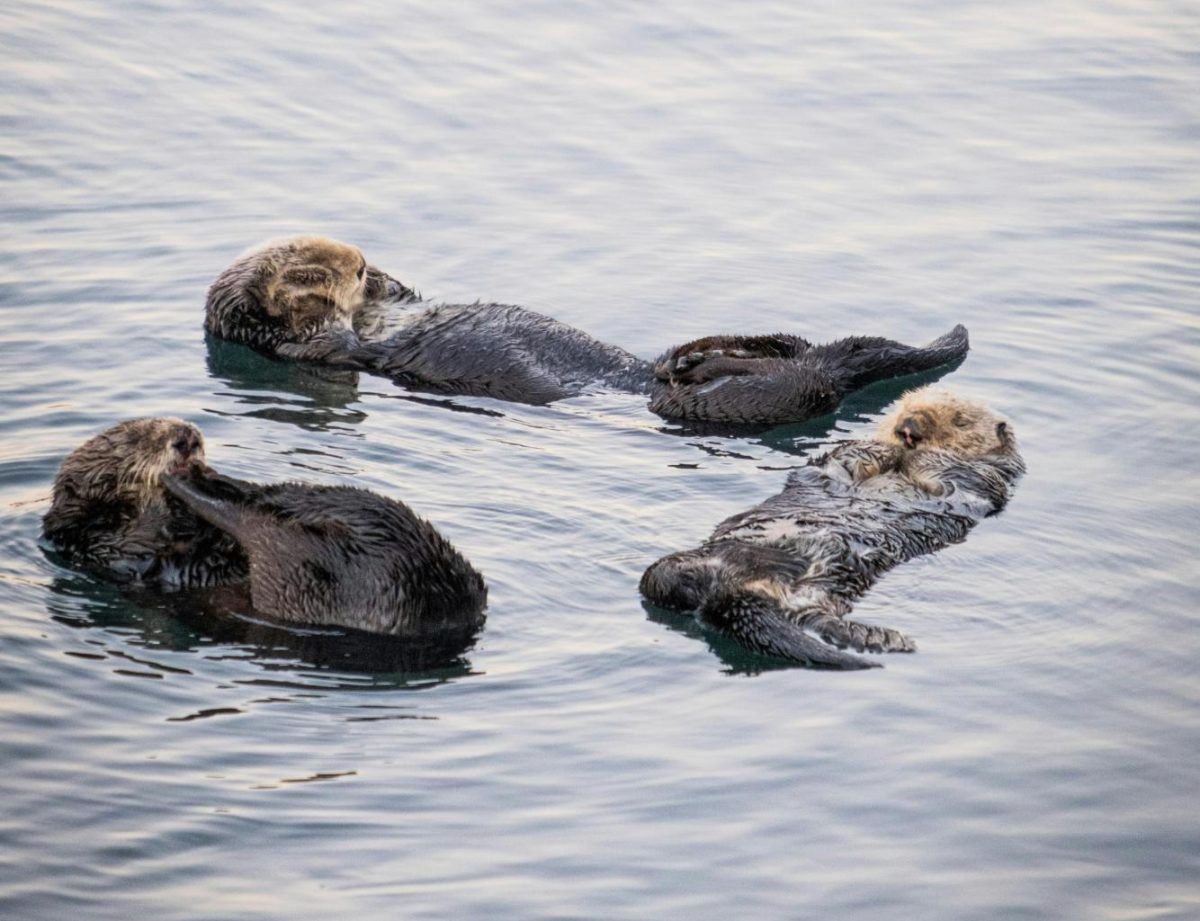

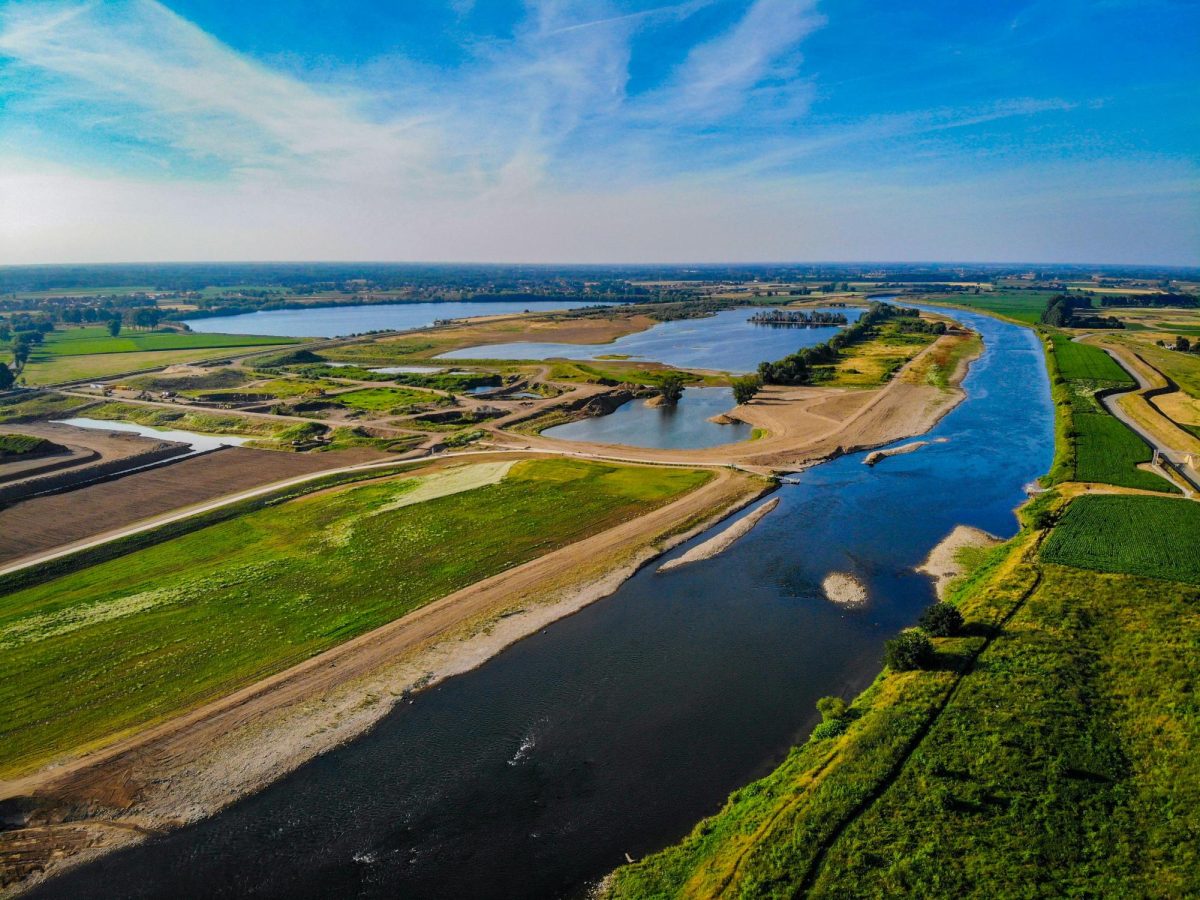
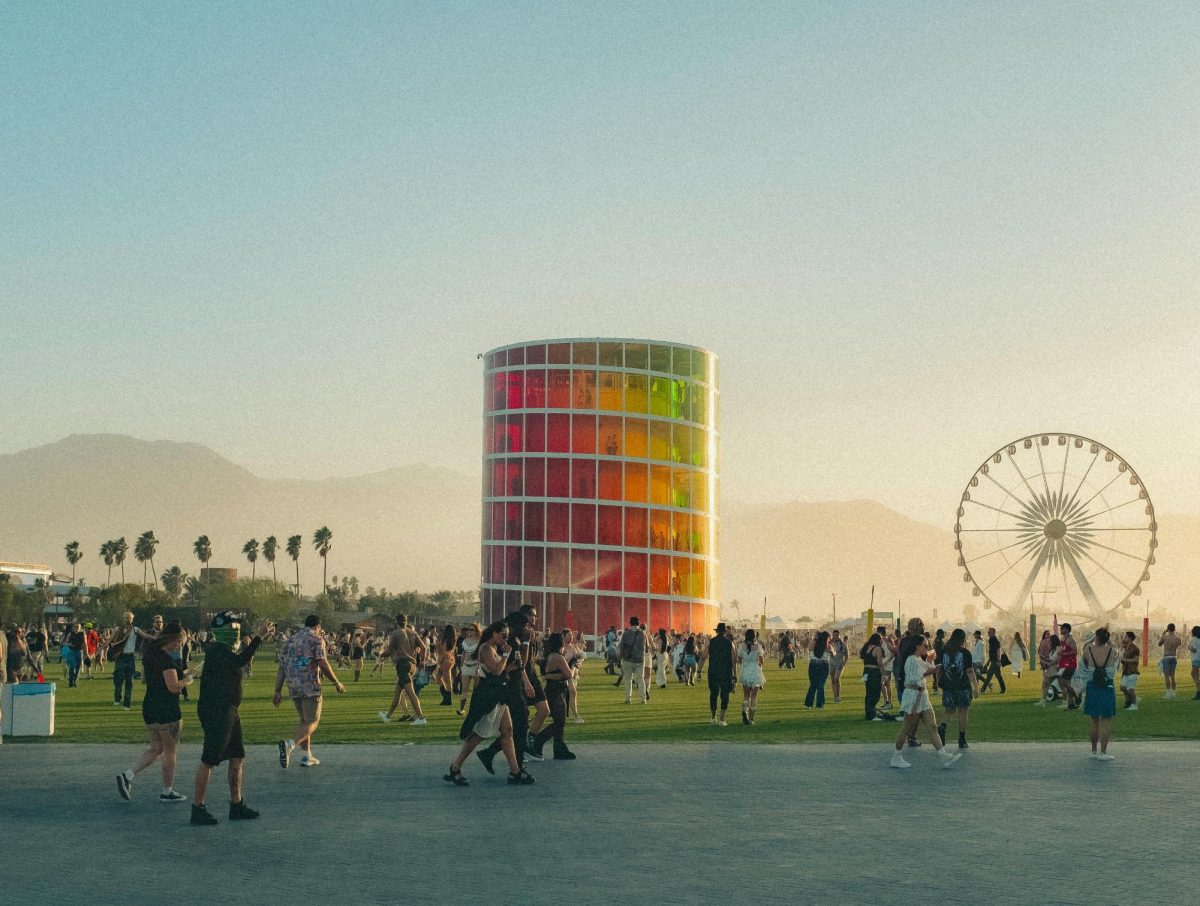


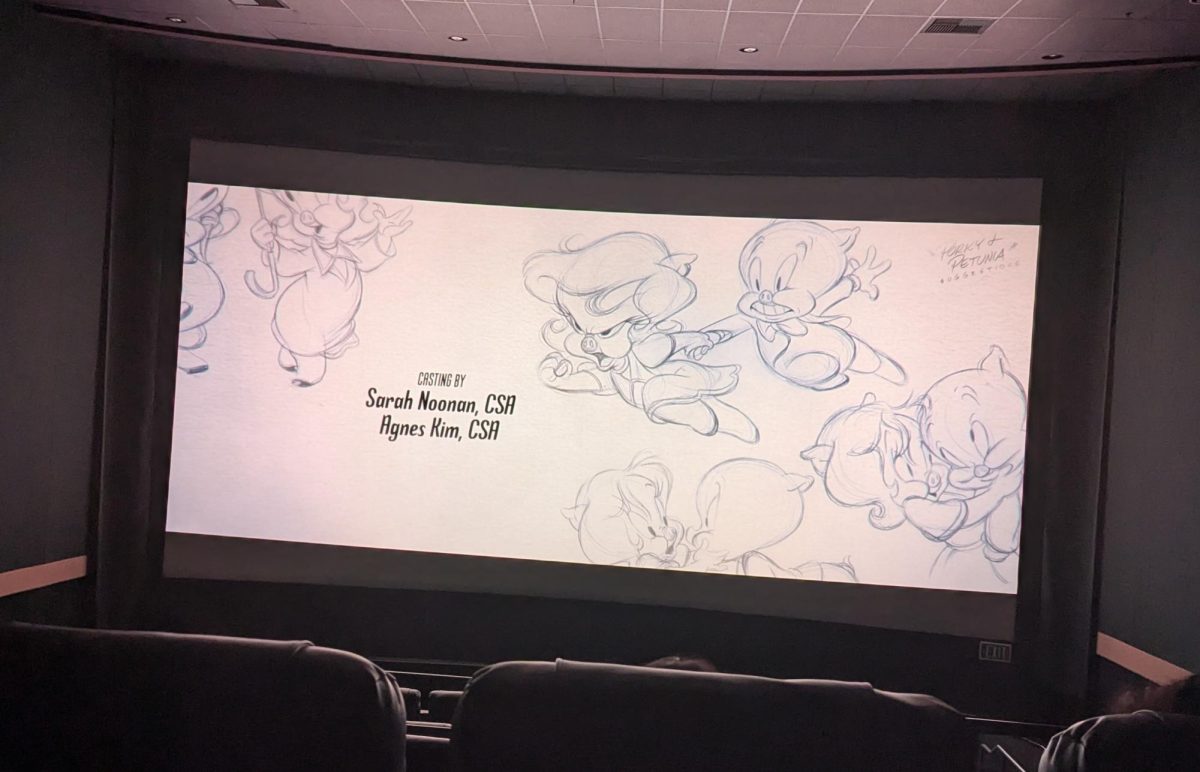
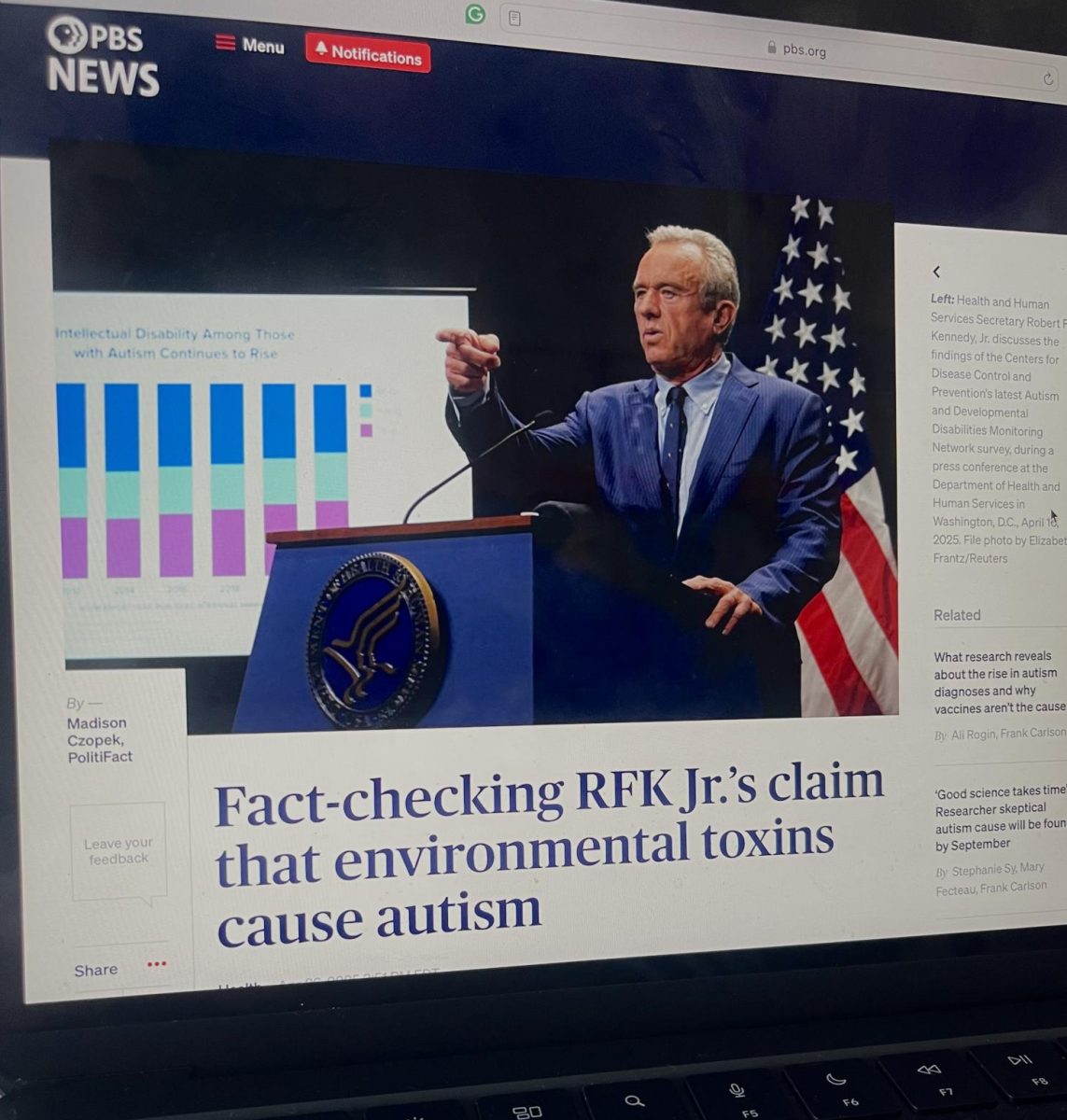


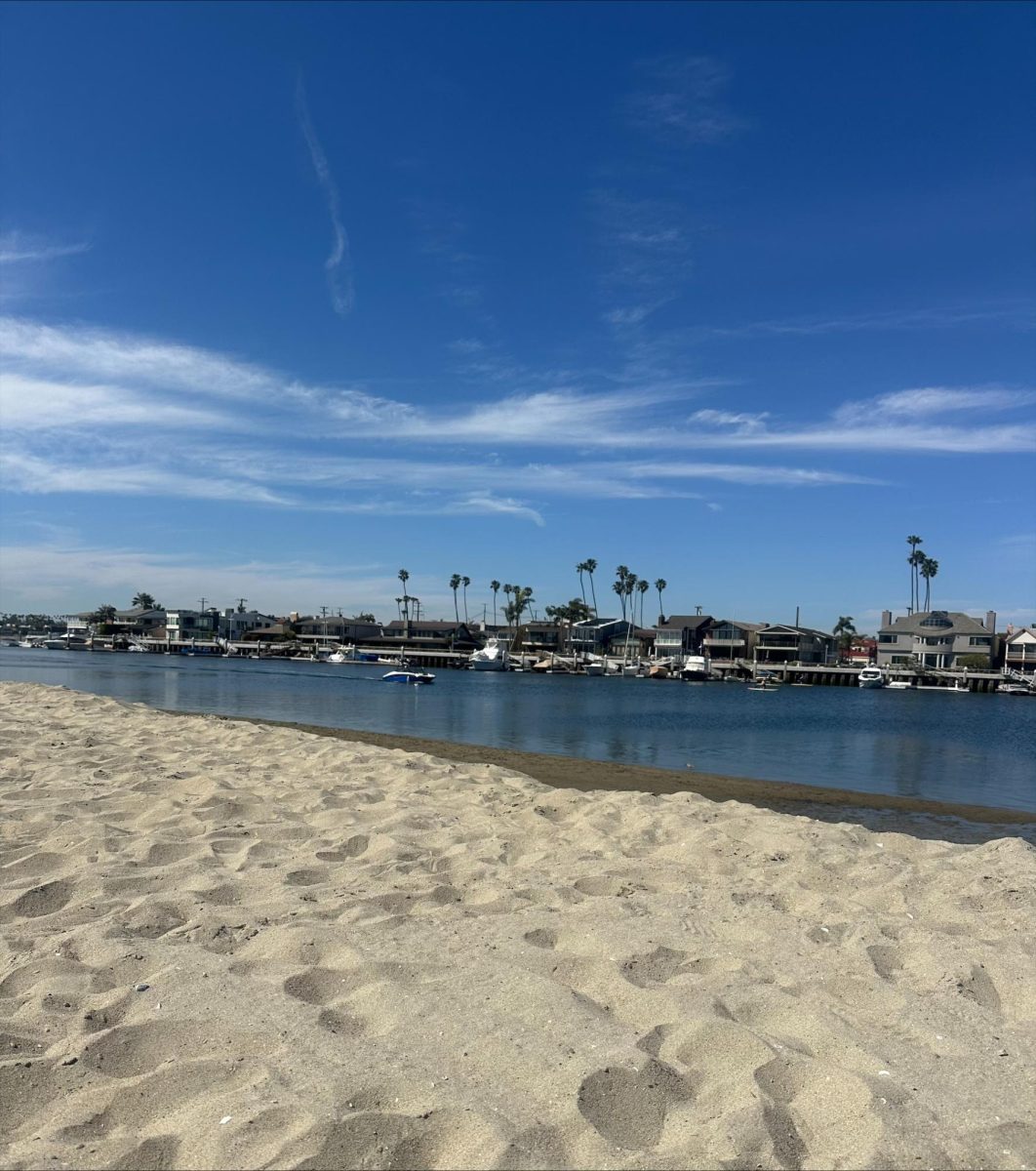

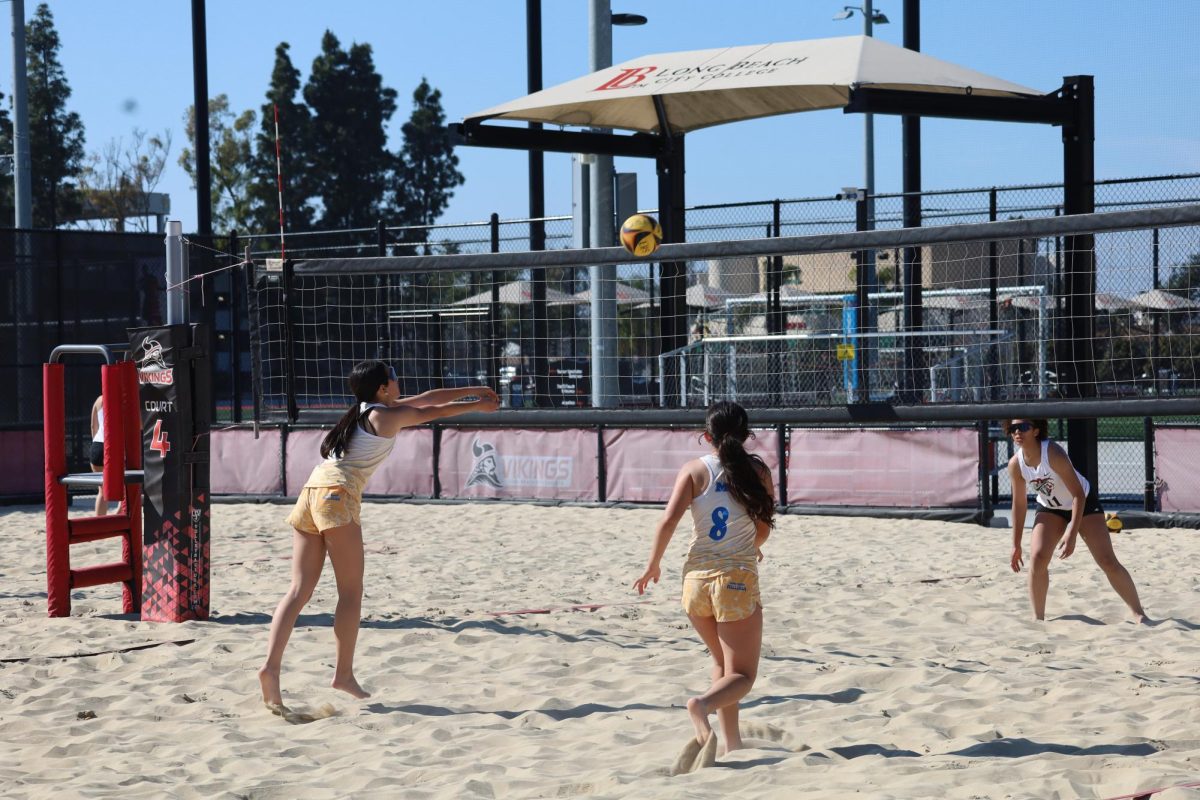

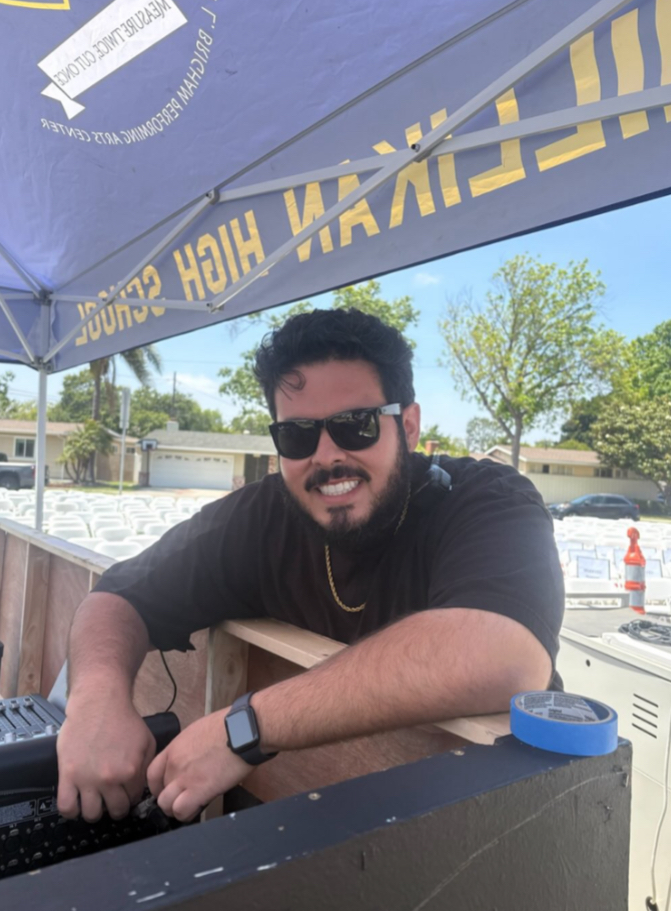





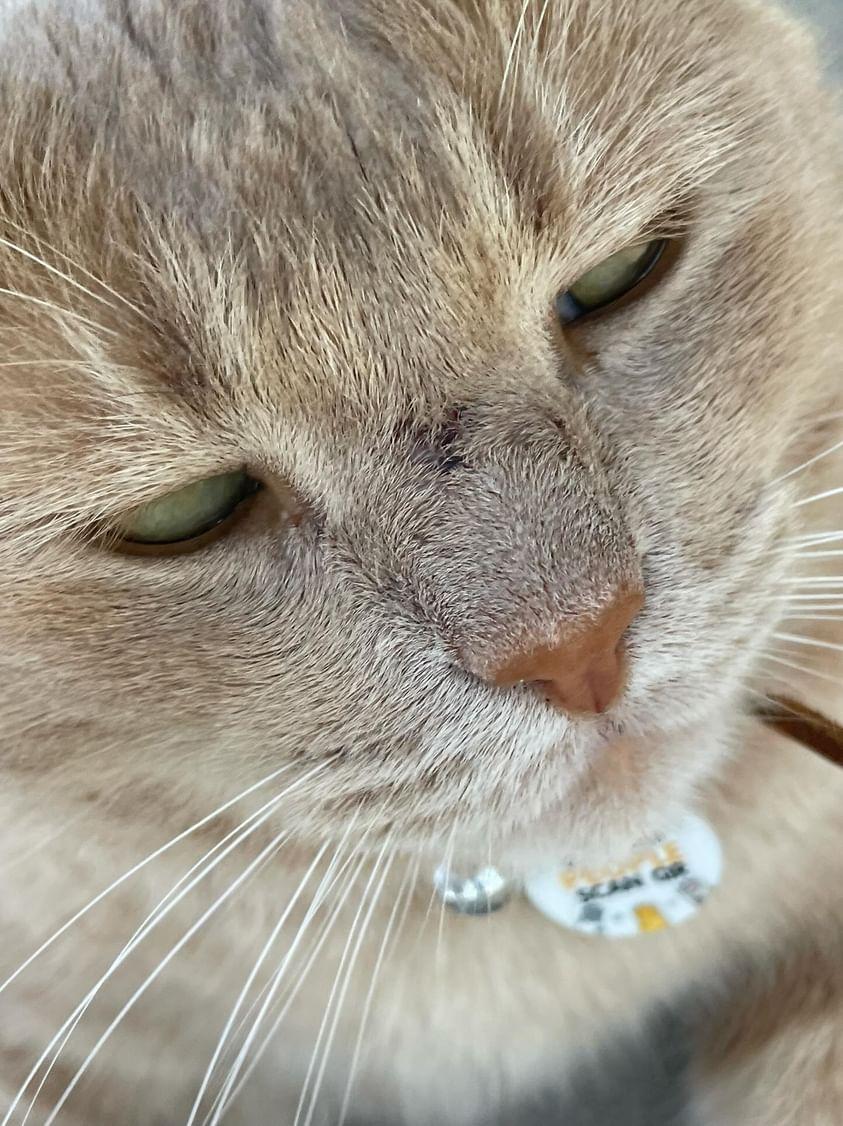
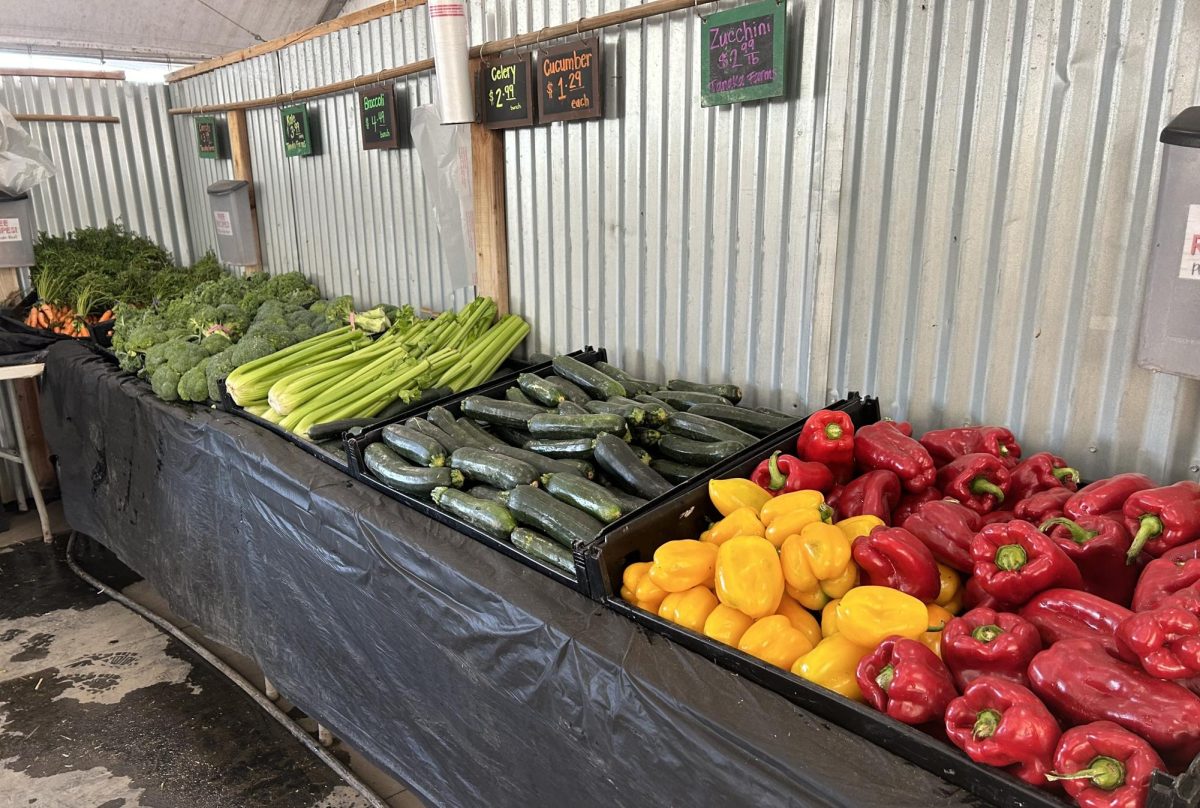

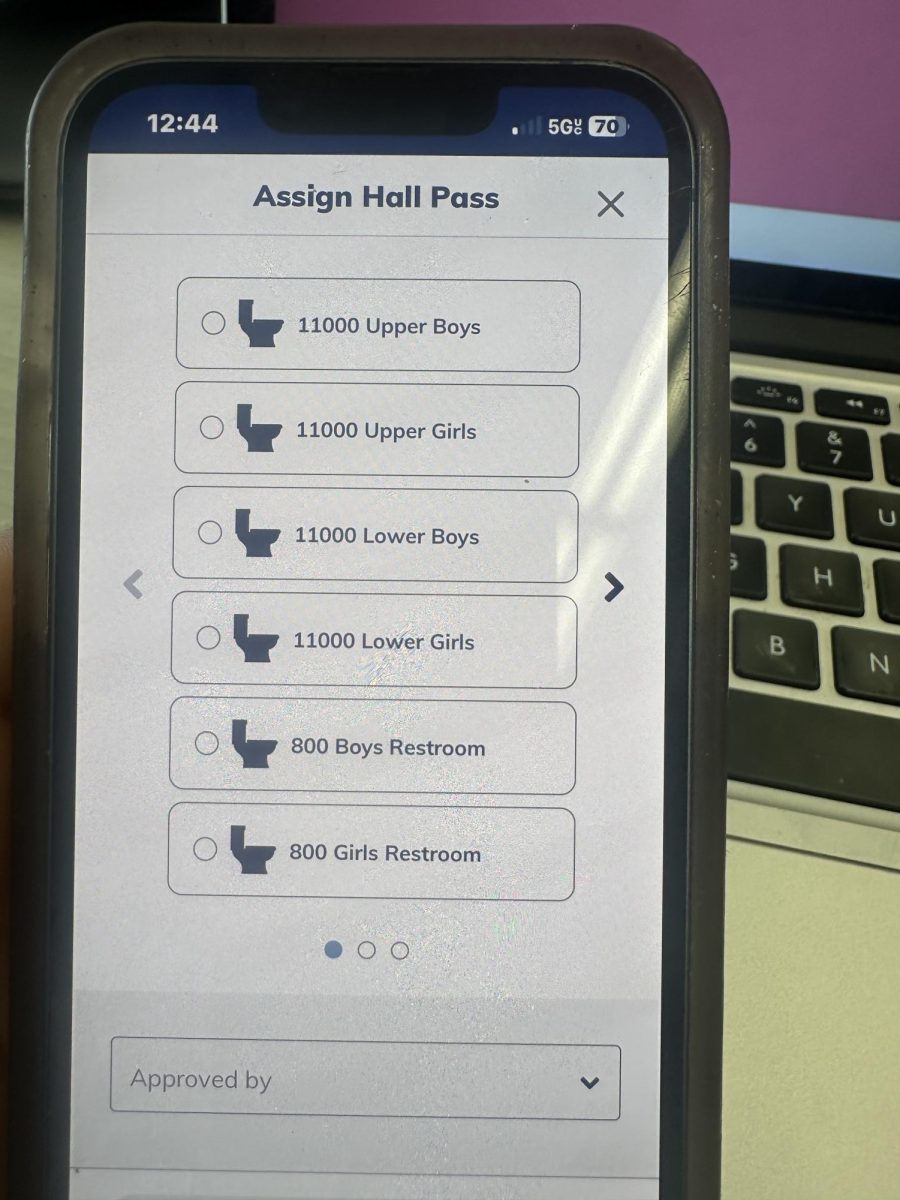

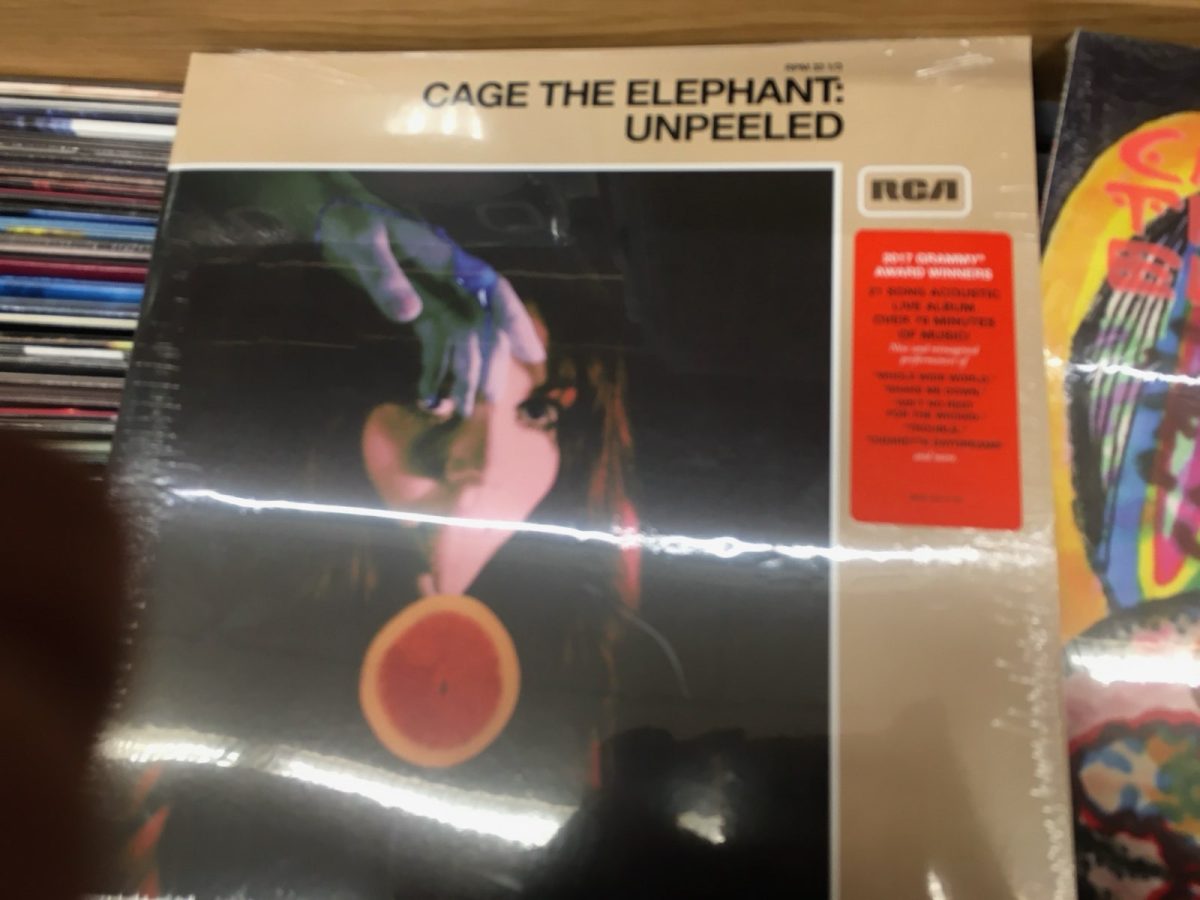


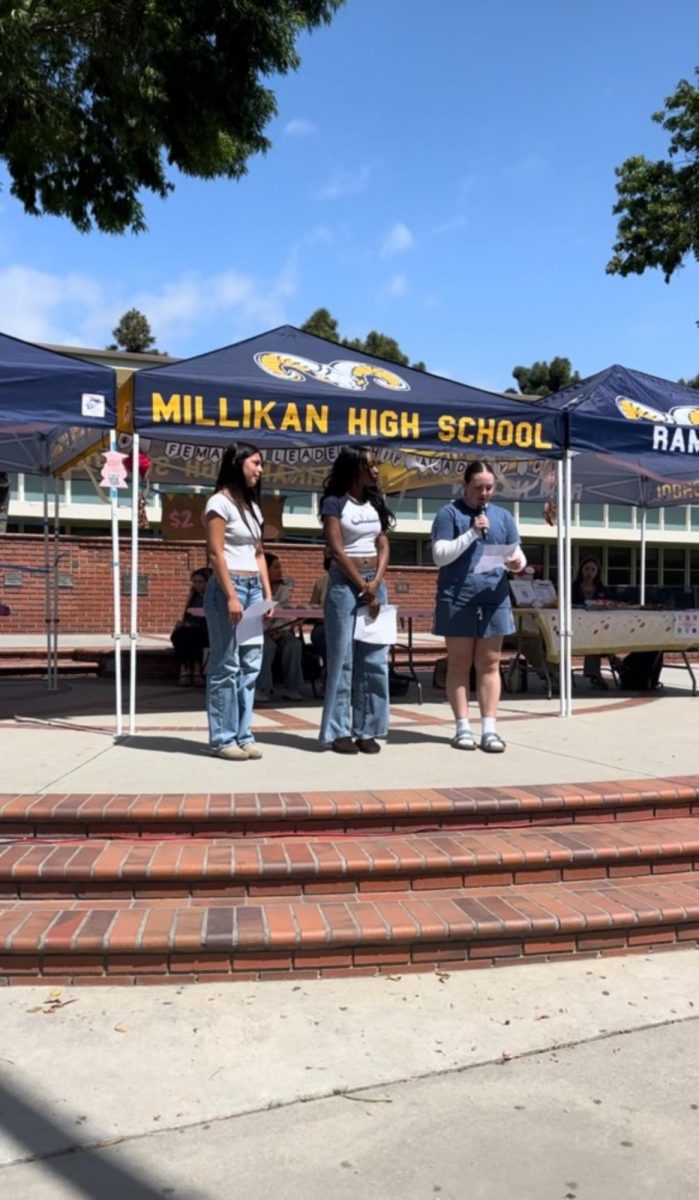
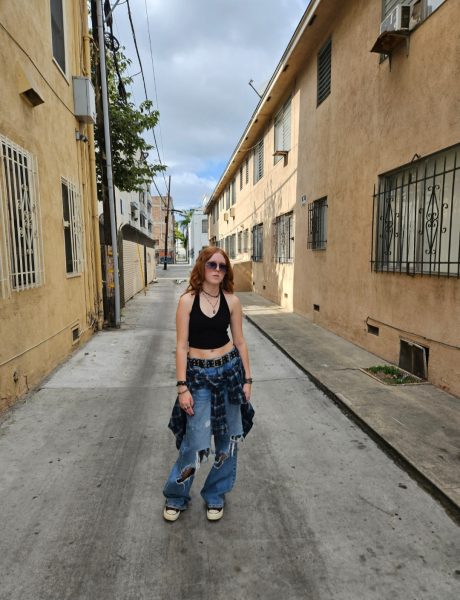
Kya Johnson • Jan 25, 2024 at 3:31 pm
I enjoyed reading your article about Blue Zones. I had heard of them before but wasn’t very well informed, and had no idea there was one in California. The way that you broke down the causes for blue zones was easy to understand and very helpful. Thanks for the article!
Kayden Suon • Jan 25, 2024 at 9:35 am
This articles is very informative and interesting. It does an outstanding job in highlighting what a Blue Zone is and how it affects the people living in it. By providing clear evidence and statistics this helps me understand the general background of it all. I found it intriguing that not many people own cars there and get their exercise in by walking everywhere. To add into the fact that a reliant food for them is beans is crazy, I didn’t know they provided that many nutrients. Overall this article was excellent and I enjoyed it all the way.
Anissa • Jan 25, 2024 at 9:16 am
I never would have know about blue zones without this article, I found it very informative.
Finn Benitz • Dec 22, 2023 at 10:54 am
Dear Corydon Editor,
Throughout the article, I really appreciate the thoroughness of breaking down the claim. The intro paragraph was backed up with various examples of credible and convincing evidence. As a result, the evidence and in-depth reasoning does a great job at convincing the reader to consider those habits for their own personal lives, giving the article an important message. Along similar lines, I would have liked to read about suggestions of incorporating these healthy habits into the lives of people with less access to Blue Zone Methods. As revealed in the article, people in Blue Zones are evidently more fortunate than many people in the world. That’s why I think it’s important to represent those groups and offer them various alternative ways to stay healthy and happy. Additionally, I’m still curious as to how regional differences between the various Blue Zones across the world affect diet and overall lifestyle? It’s no secret that countries often have very contrasting ways of life. With that in mind, I’d be very interested to find out how they accommodate with their diverse cultural and dietary ways of life. Overall, I learned a lot about the importance of certain lifestyles and their numerous benefits. The article was constructed skillfully and effectively, likely encouraging many (including myself), to become healthier, happier individuals.
Sincerely, Finn Benitz
Jason Wilson
Mauricio Montanez • Dec 6, 2023 at 12:52 pm
On November 7, 2023, Payton Miller wrote an article titled “Blue Zones”. The article was very insightful about how to live a healthy lifestyle that supposedly aids in increasing the human lifespan. Blue Zones is a term of an area in which the article is based which is described as an area where people statistically reach an above average population of healthy lifestyles. throughout the article, Miller dives into the possible reasons for such a long lifespan of people in these blue zones and makes connections and commonalities between different blue zone areas.
The article describes general commonalities between blue zones and advises everyone should also adhere to these lifestyles. An issue with this article is that it seems to give the reader that the people who live in these blue zones are bound to a long lifespan. These blue zones are based solely on the statistic of the lengthened lifespans of the people who live in these blue zones but it doesn’t mean that everyone in these blue zones are entitled to the health benefits just by living in the area. Furthermore, the author advises the reader to follow the common lifestyles of the people that live in these blue zones, yet scarcely ties these ideas to the idea of a lengthened lifespan, just their health benefits (that are not significantly nor scientifically related to a longer lifespan). Miller describes these lifestyles as such if followed, are entitled to a longer lifespan.
Harrison Bruechert • Dec 6, 2023 at 12:44 pm
On November 7, 2023, Payton Miller wrote an article titled “Blue Zones”. Miller’s article completely requites for the time it takes to read it. Miller’s decorous formatting leads you to believe that the article is made by a professional; the article’s word choices and details energetically emit a sense of knowledge on the “Blue Zones’ ‘, knowledge that is backed by the various sources and websites Miller chose to utilize. The entry delves into the various facets of Blue Zones, explaining how longevity can be captured within one’s own life. After reading, I noticed how well Miller divided the article to capture the many requisites for a long life. In each of her paragraphs, Miller builds and elaborates on these requirements. For example, in paragraph 6, when covering how those in Blue Zones eat beans more than often, Miller elaborates by saying “Beans are also cheap and come in a variety of types, making them easier to incorporate into different meals”.
Darren Tran • Dec 6, 2023 at 10:37 am
This article does an outstanding job at explaining what blue zones are and how it has encouraged healthy, social, and fulfilling lives to the people inhabiting it. This article was extremely surprising because it demonstrates how people living in blue zones cherish their physical and mental well-being to a superb degree. I think this can be useful for encouraging others to adopt their healthy lifestyles and that it should be further emphasized how anyone can be able to live life similar to these people.
Furthermore, this is also important for students because many students are feeling stressed because of school and these practices help reduce stress and improve themselves tremendously. “‘Sleep is also important for reducing stress because stress causes our bodies to release a hormone called cortisol. It raises our heart and breathing rate to help us deal with stress, but if it is released too often, it can cause damage to our bodies,’ she continued” (Miller 8). I think that it would be interesting to know more about what activities these people engage in and how they approach things in their lives. This article can inspire people to adopt healthy lifestyles and habits in order to benefit their mental and physical health.
Hayley Skibinski • Dec 5, 2023 at 9:22 am
As they explain it, blue zones are described to be geographical locations with people who live to one hundred years old–or more! She explains that a healthy diet, continuous exercise of the body and brain, enough sleep, spirituality, purposefulness, being taken care of, and having a very healthy social life. Surprisingly, people’s diets in blue zones are almost entirely plant-based. Beans, also being a cheap alternative to meat, are rich in protein and carbohydrates and very good for people. I love how they explain all the points of a long and healthy life in detail, including well thought out pieces of evidence that support their reasoning. It makes me feel better about the people in society because the ones who have a purpose in life and who take care of themselves pay off and they get to live long and healthy lives. Reading this article gives me different ways that I can be
able to live a lot longer than most. If I start now, I can most likely revert to many old habits that may cut off a few years from my life.
Orlando Mayorga • Nov 30, 2023 at 1:24 pm
This article delivers a very interesting and quite frankly important discussion and perspective on our diets and the way we live our lives. Before reading this article, I, like most of the students at our school I believe, had never heard of Blue Zones or what they are. It offers very interesting perspectives and information that may be very important or beneficial to some people. The writer explains more in depth what specifically it is that makes these areas “Blue Zones.” She goes into the diets, exercise habits, stress levels, amount of sleep, and the social lives of the people who live there.
I think this article is very interesting because of the effects that it focusses on but I also think it would be beneficial to list some of the other, maybe negative effects if there are any. For example, the writer speaks about the diets and how it consists of mainly plant based meals. Although there is research that supports that, are there other health effects that are caused by the exclusion of meats from their diets. All in all, this article is very informative and interesting. I think that because it’s something most students have probably not heard about before, it’s a very beneficial article. It is very well written and uses solid evidence to support Buettener’s claim of Loma Linda being a Blue Zone. It would be interesting to learn more about what we could do in Long Beach to have a more similar ‘lifestyle’ like is desired to be a “Blue Zone.”
Eliana Tesfaye • Nov 30, 2023 at 1:11 pm
Miller initially introduces her topic with a simple yet extremely informative definition of “Blue Zones” due to many readers most likely being unfamiliar with the term. Her reference to the Loma Linda, California blue zone is an effective way to increase her reader’s interest and relation to the article. Miller’s strategic list of common practices, like diet and exercise, that many people in blue zones share is extremely relevant in our modern day society filled with people who are wanting to practice a healthier lifestyle . It successfully keeps her audience wanting to know more and apply what she’s written to their lives. Additionally, her real world examples provide her article with logos.
My personal favorite feature of Miller’s well-written article is the use of a quote from one of Millian’s own anatomy teachers. Many of Miller’s readers have most likely had this teacher, or at the least know who she is, which supplies the article with a sense of trustworthiness, specifically in readers that are students at Millikan High School.
Gabriela Gutierrez • Nov 30, 2023 at 11:22 am
On November 7, 2023, Payton Miller wrote an article titled, “Blue Zones”. The article structure is very well planned out. In the beginning the author gives us an insight on what blue zones are. She incorporates a National Geographic documentary created by Dan Buettner. By doing so she is able to lay out both background on this insightful topic and also define what blue zones are for those readers who were unaware of what it is. In the fourth paragraph, she lists out the commonalities that have been found in places that have experienced this phenomenon of blue zoning. This allowed the paragraphs that followed to flow well as they explain each one of the commonalities in more depth. While giving more insight on the common factors that have been found in areas of blue zoning the author continues to incorporate sources from multiple reliable articles along with one of our very own teachers here at Millikan High School. This allows the reader to know that the research about this topic was done well. Lastly, at the end of the article the author closes by leaving the reader with a fact that these communities are very beneficial to be. Overall, this article is well written and thought out.
Danielle Hitt • Nov 30, 2023 at 11:11 am
In this article, the author does an excellent job of explaining what a Blue Zone is, by using a lot of outside sources that also explain why this phenomenon exists. By doing this, the author helps the reader understand a topic they likely knew nothing about beforehand. The article also does a great job at informing the reader of ways they can live longer healthier lives too. Not only does Miller explain the lifestyle of these people, but she also explains why these lifestyle choices are making people live longer. She provides quotes from credible sources that explain the science behind why their way of living improves their health. This then supplies the reader with advice for ways they can also live healthier. Overall, “Blue Zones” written by Payton Miller is an extremely well-written article that not only fully explains a new topic to the reader, but also gives them tips on how they can live much longer.
Ella Burleson • Nov 30, 2023 at 11:00 am
In the article Miller writes about Dan Buettner’s exploration of different blue zones, and educates her readers on what blue zones are. She uses information from many different sources to help build her points that blue zones revolve around less stress, healthy diets, exercise, sleep, etc. When reading about blue zones and the people living within them, it is fascinating to realize that not many people knew what they were, considering we have blue zones very close to us. Miller states that in the Netflix series of Buettner’s research and explorations, that they even study a blue zone in Loma Linda, California.
Miller is great at supporting the facts she states with evidence and quotes. Her article is packed with many interesting facts about the inhabitants of the Blue Zones, and how they keep healthy lifestyles. After reading the article I have realized that there are so many different ways of life around the world, and some may still be so unknown to some.
Zoe Huynh • Nov 30, 2023 at 10:58 am
The article started with an interesting topic that a lot of people aren’t familiar with, Blue Zones. Miller explained that Blue Zones are areas in which the inhabitants live up to over one hundred years old. The article then went on about why Blue Zones are possible, giving examples of factors that contribute to making the area a Blue Zone. For example, Miller wrote about the diet and lifestyle of the Blue Zone inhabitants. Miller also wrote that an article about Blue Zones mentioned that sleep was another factor in living longer. Then, Miller went on to quote Mrs. Atkinson, an anatomy teacher at Millikan, further proving that sleep is indeed important. I think that the idea of Blue Zones and living longer interests people and it makes them want to learn more about it, so I appreciate that Miller mentioned the Netflix documentary series about Blue Zones. I watched the documentary series and enjoyed learning more about Blue Zones. If students are interested, they can find more information in that documentary series. To add on, this article can be helpful to students by giving them advice on how to live longer, happier lives.
Isla Haffner • Nov 30, 2023 at 10:57 am
This article addresses a topic many may not have heard of: Blue Zones. Blue Zones, places where people exceed the age of 100, have populations that share common factors, such as “a healthy diet, exercise ingrained into their daily life, getting enough sleep, being religious/spiritual and feeling like they have a purpose in life, taking care of the elderly, and having a healthy social life.” This article goes in depth about each factor, listing ways for anyone to incorporate a healthy lifestyle into their own day to day schedules.
Payton uses reliable sources and the documentary “Live to 100: Secrets of the Blue Zones” to enhance her article and provide information on ways to “live to 100”. By using direct quotes, several sources, and logos/facts, she builds a strong and reliable article with information that could better the future.
I myself knew very little about Blue Zones prior to reading this article. I had seen a portion of the documentary “Live to 100: Secrets of the Blue Zones” in my AP Environmental Science class last year, and found this article to do it justice. Overall this is a very educational and well said article.
Louella Kingman • Nov 30, 2023 at 10:51 am
This article was very interesting and well written. Choosing blue zones as a topic was a very good idea as they are extremely beneficial to learn about. Miller did a great job of explaining what blue zones are as well as the practices individuals in them have. Along with giving an expert definition of them, Miller also advised the reader about how they might be able to mimic the lifestyle of those who live in blue zones. In this advice, she included multiple ways and magnitudes to which one could follow this lifestyle, which makes it so the advice given in the article benefits anyone reading it. Miller takes into consideration that some might not have the time to be active, or that they might not be aware of how accessible some of the foods eaten in blue zones are, and provides solutions and information on both topics. With the information given in this article, Miller has given people an opportunity to improve their health and lifestyle.
Ava Valadez • Nov 30, 2023 at 9:25 am
November 30, 2023
Overall, I enjoyed reading through this article. Like most people, I had zero idea of what a Blue Zone was, but this article helped me understand. The article does a great job of describing what a blue zone is as well as listing the factors of why certain locations are classified as a blue zone. I found it interesting that Loma Linda California was a blue zone, because it isn’t one of the first locations I would have guessed. At first I asked myself, “Why isn’t Long Beach considered a blue zone?” but Miller answered my question when she wrote, “People living in Blue Zones have a diet of 95 to 100 percent plant-based.” Although there are a number of vegans living in our city, I figured there were not 95-100% of us who are. I was quite interested in the data and reasoning behind what makes a city a blue zone. With that being said, I wish Miller could have included something that explained how a city like Long Beach to be a blue zone. Is it even possible?
I also like that this article talks about how the inhabitants of blue zones tend to have less stress. Miller found evidence that says it’s because of sleep, but could it also be because of location? I found this article to be very interesting and in some ways helpful because it acts as a guide for how to live like a blue zone inhabitant.
jack brown • Nov 30, 2023 at 9:11 am
November 30, 2023
Dear Corydon Editor,
On November 7, 2023, payton miller wrote an article titled “Blue Zones”. The article talks about areas where the average age is upwards of 100. Before reading this article I didn’t know blue zones existed in Japan, Italy, Greece or Costa Rica, let alone in california. Miller provides a very good explanation of blue zones and how exercise, a fresh diet, sleep, healthy social lives, and even beans positively affect their lives. The article also gives insight into what we can do to improve our health and live longer. Miller does a very good job organizing the article in a helpful and informative way. The article has definitely enlightened me when it comes to blue zones and how to stay healthy. important things such as sleep, a healthy diet, less stress and good exercise are all things i will try to do more of in order to live a healthier, better life.
Sincerely,
Jack Brown
Fiona Rowe • Nov 29, 2023 at 1:13 pm
The article addresses what Blue zones are and how you can be a part of them. Blue zones are places in the world where the average age is 100. After Miller explains this she then dives into the tips of how to replicate these peoples’ lifestyles. She identifies that a healthy diet, exercise, getting enough sleep, feeling like you have a purpose in life, taking care of the elderly, and having a healthy social life, are all things that these individuals have in common. In each of these points, she expertly goes into detail as to why these aspects to our lives are important. Miller pulls data and quotes from not only the internet, but also, teachers here at Millikan. This small choice was expert in the fact that it made me feel like her information was very reliable while also addressing a person that is easier to relate to.
Although I do love and relate to Miller’s argument, I do think she could address the idea of being vegan a little more. Even though being vegan is a healthy option, I do know that, sometimes, people who are or try to be vegan pass out or have problems with getting enough protein. Addressing why veganism works so well for these people specifically, would clear up my slight skepticism about this essay. Overall, Miller has written a brilliant and informational essay addressing Blue Zones which has made me want to take even better care of myself.
Phoebe Michalczak • Nov 29, 2023 at 1:08 pm
This article provides interesting insight on a phenomenon many people don’t know about. Like many other students, I had no idea blue zones existed and this article provided very good information explaining some of the factors that make it possible for the people living in them to live for such a long time. I think it is important for people to know about these places because they can look at the lifestyle of blue zone inhabitants, and change their own lifestyles with that in mind, in order to live healthier, longer lives. Some aspects of the blue zone inhabitants’ lifestyles are very achievable for high school students so hopefully after reading this, they are inspired to make a change to better themselves. Overall, this article does a great job introducing a topic that not many people know about. With this new knowledge, hopefully more people will make improvements to their lifestyles to live longer, more fulfilling lives.
Samuel Figueroa • Nov 29, 2023 at 12:00 pm
I found this article very helpful and informative. Not only does it describe what a Blue Zone is, but it explains how the people living there are able to live so long. It also gives us strategies we can use to live a healthy and happier life. While the article talks a lot about having the proper diet, it also explains the importance of things like sleep and having a healthy social life. I believe this article is very useful for people trying to lower stress or trying to be more healthy.
While I agree that eating lots of plant based food is good for you, I think that for certain people it may be more beneficial to have a balance between the plant based food and more food that contains lots of protein. The article includes beans as a possible source of protein. But I feel that if someone is very athletic they need to consume more calories than someone who might not be as active as they are. In this case it might be more beneficial to that person to consume lots of plant based food, but also a good amount of protein and carbohydrates.
This article is great for people looking to improve their lives by becoming more healthy and more active. It is very well organized and explains each idea clearly.
Anonymous • Nov 29, 2023 at 11:01 am
November 29, 2023
Dear Corydon Editor,
On November 7, 2023, Peyton Miller wrote an article titled “Blue Zones”. The author did a great job at raising awareness about blue zones and educating the public. I think that it is important to not only identify what blue zones are, but how they have come to be recognized as such communities, which is what the author did. Miller did well at thoroughly explaining the many variables that go into how these people are able to live so long. However, I would recommend changing the part of the article that states, “Midler Jones, a PEACE senior, said that she did not know what a blue zone was, and she is not the only one! Dan Buettener went on to explore these places and their cultures to find out how their elderly populations live as long as they do. He documents his travels in a four-episode limited Netflix documentary series titled “Live to 100: Secrets of the Blue Zones.” In his series, he focuses on Okinawa, Japan; Sardinia, Italy; Ikaria, Greece; Nicoya, Costa Rica; and Loma Linda, California.” (Miller) to something like, “PEACE senior, Midler Jones, said that she did not know what a blue zone was, and she is not the only one! Buettener documents his travels in a four-episode limited Netflix documentary series titled “Live to 100: Secrets of the Blue Zones.” In his series, he focuses on Okinawa, Japan; Sardinia, Italy; Ikaria, Greece; Nicoya, Costa Rica; and Loma Linda, California. Throughout his journey, Buettener explores these places and their cultures to find out how their elderly populations live as long as they do.” in order to create a more cohesive and comprehensive introduction. Overall, the article was very well written and opened my eyes, as well as that of many others to the interesting phenomenon of blue zones.
Sincerely,
Anonymous
Alex Coakley • Nov 29, 2023 at 10:07 am
On November 7, 2023, Payton Miller published an article titled, “Blue Zones”. What are these blue zones? He describes them as areas that commonly live past age 100 including Okinawa, Japan; Sardinia, Italy; Ikaria, Greece; Nicoya, Costa Rica; and Loma Linda, California. These areas have just a handful of factors, but very effective, that increase their likelihood of reaching age 100 and beyond. I really like this article because it makes me think about how the US is on a steady increase of obesity. As obesity is one of, if not the top predictor or mortality, makes me feel a sense of urgency for our people. But, as I keep reading it makes me realize our problem is far easier to fix than i thought. You insert details of their lifestyle like, “People living in Blue Zones have a diet of 95 to 100 percent plant-based”. Which to summarize just means they eat fresher products and consume the recommended amount of olive oil which has good cholesterol and six tablespoons is predicted to “cut the risk of dying in half”. This along with beans, good exercise, healthy social lives, overall purpose and motivation also help with staying stress free, and living a healthy life.
Tien • Nov 29, 2023 at 9:20 am
On November 7th, Payton Miller wrote an article titled “ Blue Zones,” about the factors leading the inhabitants of these areas to live to 100 plus. This article was extremely interesting to me because the lifestyle blue zone communities live seems to be causing this age phenomenon. A healthy diet, full sleep schedule, and living a social life are all small factors that blue zone communities easily incorporate into their day leading to them having a healthier and longer life. This article inspires me because these are all factors I can include in my day that will leave me with the same benefits. Those living in blue zones seem to be active as a part of their daily lives. Choosing to walk instead of drive is a simple and easy way to benefit your physical health and even the environment. This article goes to show that you don’t need to be living in a blue zone in order to be healthy. You just need to be willing to incorporate small changes in your lifestyle such as a change of diet or finding an activity that keeps you active every day.
Mya Ogden • Nov 29, 2023 at 9:19 am
October 23, 2023
Dear Corydon Editor,
On October 11, 2023, Allyson Richter wrote an article titled “Millikan Feels the Heat”. This article speaks on the lack of air conditioning in the schools and the effect that has had on students and teachers. Undoubtedly, in Long Beach, California the weather tends to always be sunny and warm. As a student in Millikan High School I have also felt the exhausting heat. Just like stated in the article “MBA junior Devin Wilson states. Wilson doesn’t have any classrooms with AC this school year.” From my experience this message seems to be repeated quite often throughout school. With my friends and I comparing the amount of air conditioned classrooms and envying the friends who have the most.
This is an occurring issue within the school. I would also like to add the concern with hot stuffy classrooms obstructing our learning. With the heat of the classroom this can often make students exhausted or make it hard for them to focus. I have definitely felt this way in a class and the heat can make it uncomfortable or hard to focus on the material that is being taught.
I believe that this is a serious issue that should be addressed. Thankfully the article informs the students of the implementation of air conditioning. A few of our hottest months have passed and are soon to come and we will all be looking forward to the installation of air conditioning which will give us a better learning environment.
Sincerely,
Mya Ogden
Kate Goldsworthy • Nov 29, 2023 at 9:13 am
On November 7, 2023, Payton Miller wrote an article titled “Blue Zones”. Immediately, the author dives into describing a fascinating phenomenon that is largely overlooked: blue zones. The author tells the audience that the people who live in the geographic locations of blue zones often live to be over a hundred years old. It is mentioned that eating fresh produce and healthy foods such as beans and olive oil while also indulging in constant exercise and an excellent sleep cycle. I appreciate how the author included the steps that the people in blue zones take to reach this marvelous accomplishment. However, I’m curious to find out if people in blue zones who live almost entirely on a plant based diet have any negative repercussions for excluding meat. I also appreciate that the author mentioned that following this sort of healthy routine will lower one’s stress levels and even give one a purpose in their life. I was instantly shocked and curious to learn more when I heard this piece of information. It is obvious that we live in a time and age where people’s lives are becoming more stressful, and many people are struggling to find happiness and purpose in their life. Especially being a high school student, with loads of homework, I understand how stress can take over your life and create a tormenting world inside your mind. I appreciate that the author introduced the unique habits of blue zones to display the ways the audience can become less stressed and live happier lives. Although living a long life is a fascinating side effect of blue zones, I would have loved for the author to dive deeper into the mental and emotional benefits.